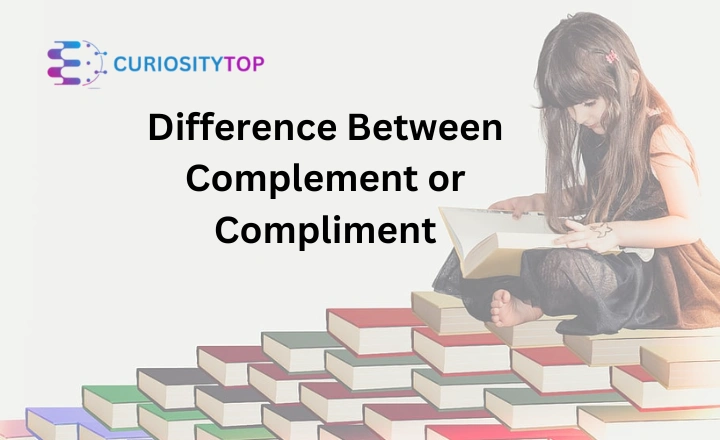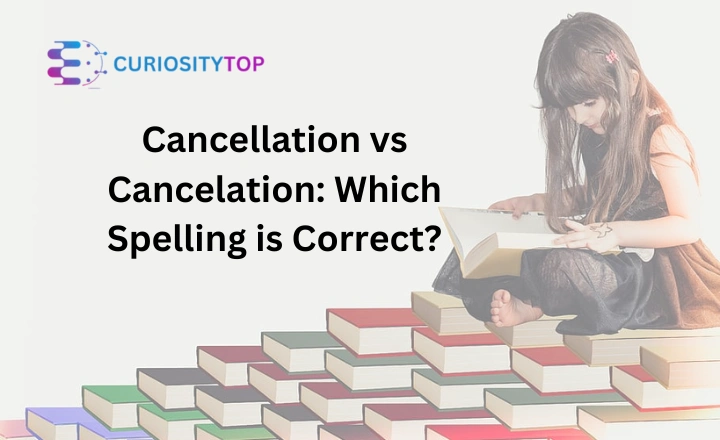Principal or Principle? The best Guide
Principal or principle? This common conundrum has puzzled writers, students, and professionals for years. The similarity in spelling and pronunciation between these two words often leads to confusion and misuse.
Understanding the distinction between principal and principle is crucial for clear communication and maintaining credibility in written and spoken English. This comprehensive Guide will disclose the meanings, uses, and subtle differences between these frequently confused terms, providing you with the knowledge and tools to use them correctly in any context.
Principal or Principle: What’s the difference?

What Does Principal Mean?
The word principal serves double duty in English, functioning as both an adjective and a noun. This versatility contributes to its widespread use across various contexts, from Education to Finance.
Principal as an Adjective:
- Definition: Most important, main, or primary
- Examples:
- The principal reason for the project’s delay was a need for more materials.
- Climate change is a principal concern for environmentalists worldwide.
Principal as a Noun:
- In Education:
- Definition: The head or director of a school or educational institution
- Example: The school principal called an assembly to address recent disciplinary issues.
- In Finance:
- Definition: The original sum of money invested or loaned upon which interest is calculated
- Example: She paid off the principal of her loan but still owes interest.
- In Business:
- Definition: The main participant or lead entity in a business deal
- Example: As the principal in the negotiation, she had the final say on all decisions.
These different ways of using principal are key to better understanding how to use the word in various situations.
Decoding “Principle”
Defining Principle and Its Usage
Unlike its counterpart, the principle functions solely as a noun. Its meanings revolve around fundamental truths, rules, or beliefs that guide behavior or thinking.
Principle as a Fundamental Truth:
- Definition: An essential truth, law, or assumption that forms the basis of a system of belief or chain of reasoning
- Example: The principle of gravity is fundamental to understanding planetary motion.
Principle as a Rule or Standard:
- Definition: A rule or standard, especially of good behavior
- Example: She lives by the principle of always being honest, even when it is difficult.
Principle as a Guiding Belief:
- Definition: A personal or specific basis of conduct or management
- Example: His principles prevented him from accepting the bribe despite the temptation.
The principle is often associated with ethics, morality, and personal conduct. It’s commonly used in phrases like “moral principles,” “principles of justice,” or “operating principles.”
Principal vs Principle: Navigating Common Confusions

Principal v Principle: Spot the Difference
To help clarify the distinction between these often-confused words, come and compare them side by side:
| Aspect | Principal | Principle |
| Part of Speech | Adjective and Noun | Noun only |
| Primary Meanings | 1. Most important (adj) 2. School head (noun) 3. Main sum of money (noun) | 1. Fundamental truth 2. Rule or standard 3. Guiding belief |
| Usage in Education | Refers to a person (the school head) | Refers to a fundamental idea or rule |
| Usage in Finance | Refers to the original sum of money | Not typically used in finance |
| Associated Concepts | Importance, leadership, primary | Ethics, morality, fundamental truths |
This comparison highlights the critical differences in meaning and usage between principal and principle, helping you choose the correct word based on context.
How to Remember the Difference?
Practical Tips to Remember the Difference
Distinguishing between principal and principle can be tricky, but there are several mnemonic devices and tips to help you remember:
“The Principal is Your Pal”:
- This classic mnemonic reminds us that the principal can refer to a person, specifically the head of a school.
- Example: The school principal is your “pal” (hopefully!).
“Principle Ends with -le, Like Rule”:
- Principle and “rule” end with “-le,” reinforcing that a principle is a rule or guideline.
- Example: Living by ethical principles is like following personal rules.
Context Clues:
- Use principal if you’re referring to a person or something of primary importance.
- Use principle to discuss a fundamental truth, rule, or belief.
Part of Speech Check:
- If you need an adjective, it must be principal.
- If you’re using a noun and it’s not referring to a person or a sum of money, it’s likely a principle.
Practice applying these tips to solidify your understanding and improve your usage of these terms.
Where You’ll Encounter Principal and Principle?
The difference between principal and principle is crucial in various real-world scenarios:
In Education Settings:
- You’ll hear about the school principal who manages the institution.
- Educational principles guide teaching methodologies and curriculum development.
In Business and Finance:
- Companies operate on business principles that guide their decision-making.
- Investors discuss the principal amount of their investments.
In Legal Contexts:
- Legal documents often reference principles of law.
- The principal parties involved in a lawsuit are the prominent individuals.
In Everyday Conversations and Writing:
- People discuss their personal principles or moral guidelines.
- When prioritizing tasks, you might focus on the principal objectives.
Being aware of these contexts will help you use principal and principle correctly in your professional and personal communications.
Common Mistakes and How to Avoid Them

Even experienced writers and speakers sometimes need clarification on principal and principle. Here are some common mistakes and how to avoid them:
Misusing “Principle” for “Principal” in Titles:
- Incorrect: The principle of the school announced new policies.
- Correct: The principal of the school announced new policies.
Using “Principal” Instead of “Principle” for Rules or Beliefs:
- Incorrect: His main principal is always, to be honest.
- Correct: His main principle is always to be honest.
Confusing Financial Terms:
- Incorrect: The principle of the loan must be repaid within 10 years.
- Correct: The principal of the loan must be repaid within 10 years.
To avoid these mistakes:
- Always double-check your usage, especially in formal writing.
- If you need more clarification, look up the specific context in a reliable dictionary.
- Practice using both words correctly in sentences to reinforce your understanding.
Practice Makes Perfect
Test Your Knowledge: Principal vs Principle Quiz
To reinforce your understanding, try this quick quiz:
- The ______ reason for the project’s success was teamwork.
- Honesty is a ______ that guides my personal and professional life.
- The school ______ implemented a new attendance policy.
- The company operates on the ______ of sustainable development.
- She invested the ______ amount and is now earning interest.
(Answers: 1. principal, 2. principle, 3. principal, 4. principle, 5. principal)
Expanding Your Understanding
To further enhance your grasp of principal and principle, consider these additional points:
Etymology:
- Both words derive from Latin, with principal coming from “principalis” (first, original) and principle from “principium” (beginning, foundation).
Related Terms:
- The principal is related to “prince” and “primary,” reinforcing its meaning of “first” or “chief.”
- The principle is connected to “principled,” meaning having strong moral principles.
Usage in Specific Fields:
- A “principal quantum number” describes an electron’s energy level in chemistry.
- In ethics, “principled reasoning” refers to decision-making based on moral principles.
| Word | Related Terms | Example Usage |
| Principal | Prince, Primary, Premiere | The principal dancer took center stage. |
| Principle | Principled, Fundamental, Tenet | The scientific method is based on several key principles. |
Understanding these relationships and specialized uses can further cement your knowledge and help you use these terms more confidently and precisely.
Conclusion
The distinction between principal and principle is a valuable skill for clear and effective communication. You can confidently use these words in various contexts by understanding their definitions, uses, and common pitfalls.
The principal primarily relates to importance or leadership, while the principle deals with fundamental truths or guidelines.
Choosing between these once-confusing terms becomes second nature with practice and attention, enhancing your writing and speaking skills.
FAQS
What is the difference between principal vs principle?
The principal is typically a person or sum of money, while the principle is a fundamental truth or standard. I constantly mix these up! Remember – the principal is your “pal” at school or the main thing.
Is it the principle or principal of money?
It’s principal when talking about money. Think of your “principal balance” on a loan – the main amount you borrowed. I find it helpful to associate “principal” with “pal” – your money is your friend!
Is it principle or principal for the job title?
For a job title, it’s principal – like a school principal. I remember this by considering the principal the “principal player” or the main person in charge. It’s a senior role, not a guiding rule.
How do you use principal and principle in a sentence?
Try this: “Our school’s principal lives by the principle of always putting students first.” See how the principal refers to a person, while the principle is a guiding belief? Examples like this help cement the difference.







